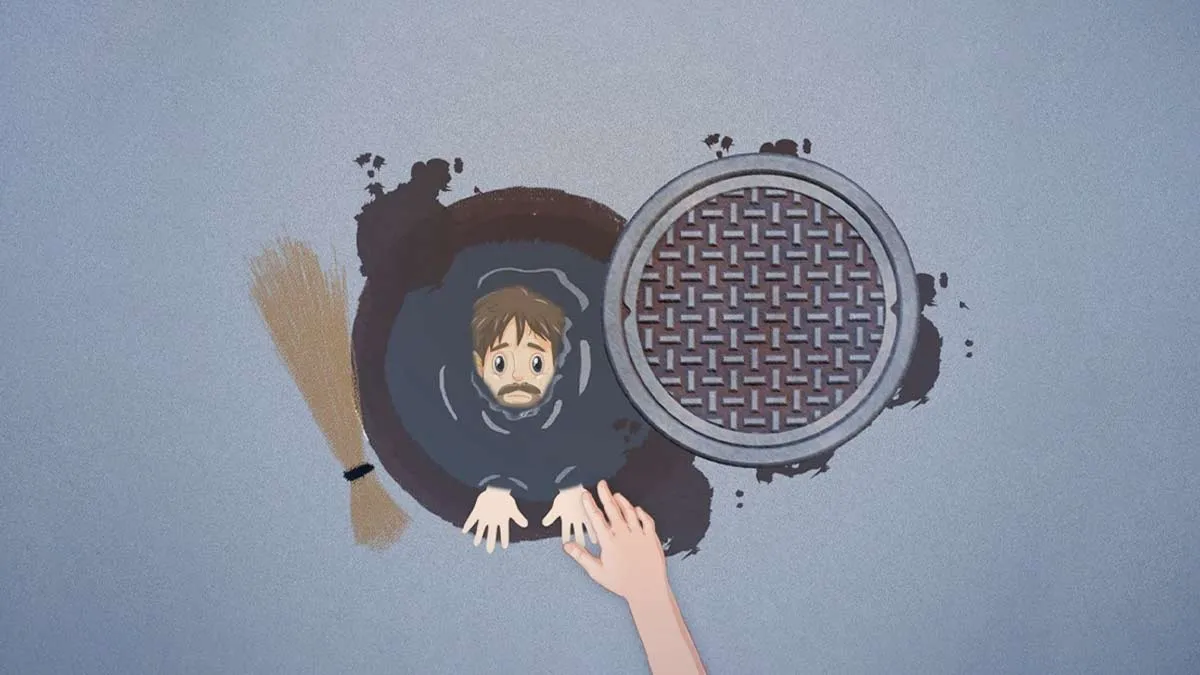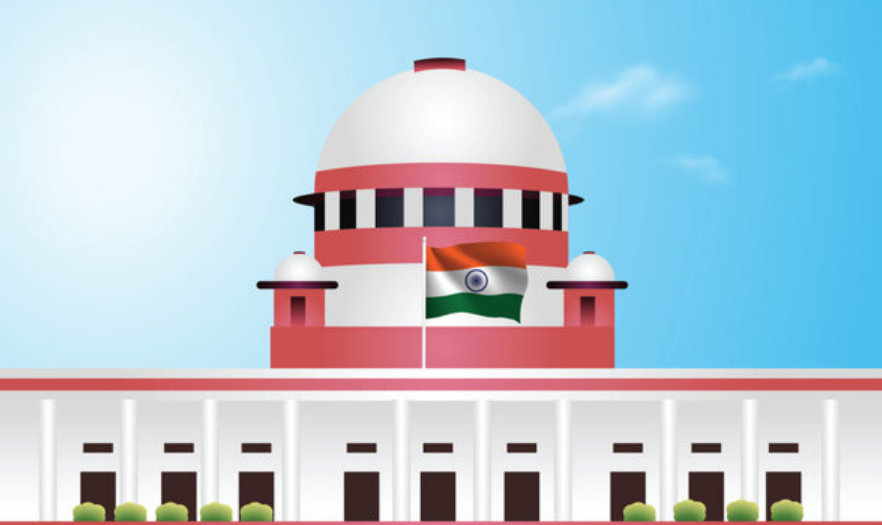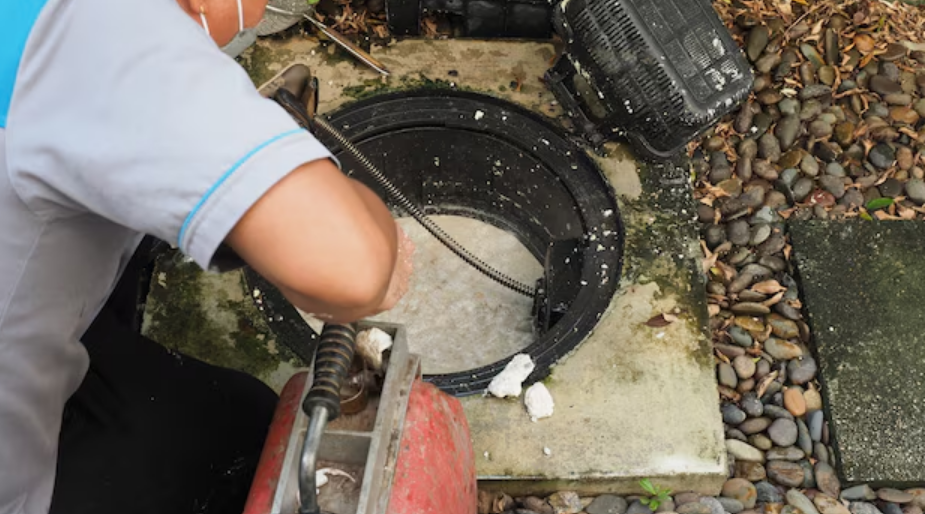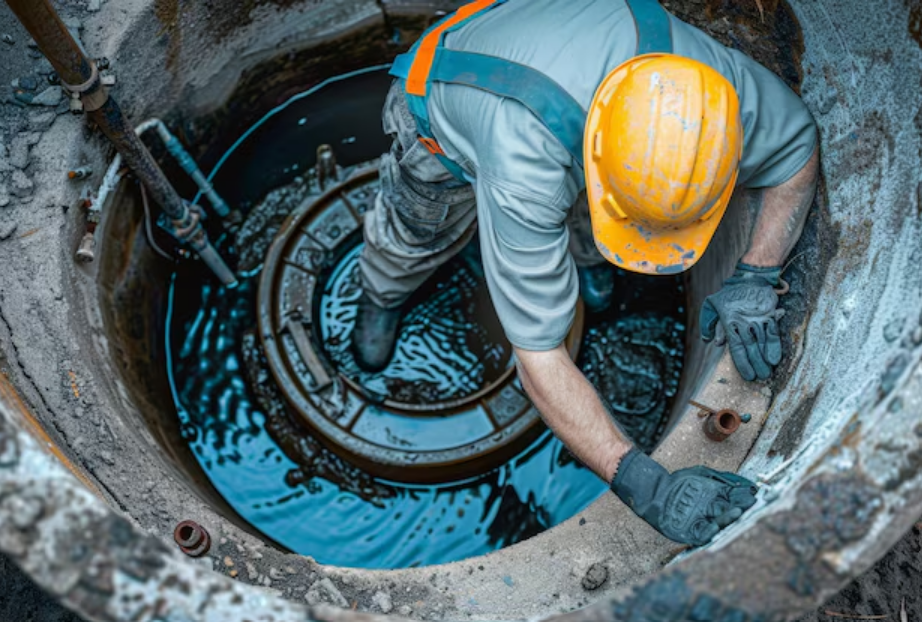
In a landmark decision today, the Supreme Court of India has taken a bold step to ban manual scavenging and manual sewer cleaning in six metropolitan cities. This ruling comes as a response to a writ petition aimed at eradicating the deeply entrenched and dehumanising practice of manual scavenging in the country.
The Court has mandated an immediate halt to manual sewer cleaning and scavenging in Delhi, Mumbai, Chennai, Kolkata, Bengaluru, and Hyderabad. The bench, comprising Justices Sudhanshu Dhulia and Aravind Kumar, expressed dissatisfaction with the Union Government’s lack of clarity in its affidavit regarding the eradication of these practices.

The Court has directed the Chief Executive Officers (or their equivalents) of these cities to submit affidavits by February 13, 2025, outlining concrete plans to completely stop manual scavenging and sewer cleaning in their jurisdictions.
The petition, filed by Dr Balram Singh, highlighted the failure to implement two key laws, the Employment of Manual Scavengers and Construction of Dry Latrines (Prohibition) Act, 1993, and the Prohibition of Employment as Manual Scavengers and Their Rehabilitation Act, 2013. Despite these laws being in place for years, manual scavenging persists, and the Court made its frustration clear.
“Can we say today that manual scavenging is banned from this moment onward? We are fed up with issuing orders. Either comply or face the consequences,” the bench stated during the hearing.
This ruling follows a December 2024 order in which the Supreme Court had asked the Union Government to convene a meeting with the Central Monitoring Committee and state stakeholders to assess progress. However, the Court found the Union’s subsequent report “not encouraging at all.”

In its latest affidavit, the Union revealed that 456 out of 775 districts in India have eradicated manual scavenging. However, when questioned about Delhi’s progress, it was revealed that the National Capital Territory (NCT) had failed to comply with the Court’s orders. The Court also noted that the data provided by the Union appeared flawed, with some states yet to form the mandatory committees to oversee the implementation of the laws.
Senior Advocate K Parameshar, serving as amicus curiae, pointed out that the Union’s data was misleading. He highlighted that many districts mentioned in the affidavit had not even formed the required committees. Additionally, Parameshar noted that a national survey of manual scavengers, recommended by the Central Committee in October 2024, remains incomplete. He also raised concerns about the lack of sewer systems in many North-Eastern states, which poses a significant challenge to eradicating the practice.
The Court reiterated its earlier directives to the Union Government to phase out manual sewer cleaning completely. This includes ensuring that contractors or agencies hired for sewer cleaning do not require workers to enter sewers. Justice Kumar emphasised the need for proper equipment, stating, “Unless manual scavenging is completely eradicated, people will continue to be forced into sewers. In metropolitan cities, there’s no excuse for not providing workers with protective gear.”
Don't Miss: Divorce Facts 101: Is It Required For An Earning Women To Pay Alimony To Husband? Legal Expert Weighs In
The Union’s affidavit suggested introducing a model contract for contractors to prevent workers from being forced into manual scavenging or sewer cleaning. However, senior advocate Jayna Kothari criticised the Union’s efforts, particularly in smaller towns where resources are limited. She argued that metropolitan cities, with their better infrastructure and resources, have no excuse for failing to eliminate manual scavenging.

Today’s ruling is a significant step toward ending the inhumane practice of manual scavenging in India. By holding six major cities accountable and demanding detailed plans for eradication, the Supreme Court has sent a strong message: the time for excuses is over. The Court’s decision puts pressure on the government to take immediate and effective action to protect the dignity and lives of those who have been forced into this dangerous and degrading work.
Don't Miss: Siddhivinayak Temple Bans Short Skirts, Torn Jeans: The Ongoing Debate on Temple Dress Codes
Keep reading Herzindagi for more such stories.
Image Courtesy: Freepik
Also watch this video
Herzindagi video
Our aim is to provide accurate, safe and expert verified information through our articles and social media handles. The remedies, advice and tips mentioned here are for general information only. Please consult your expert before trying any kind of health, beauty, life hacks or astrology related tips. For any feedback or complaint, contact us at [email protected].